Home>Technology>Security & Surveillance>What Is A Smart Lock
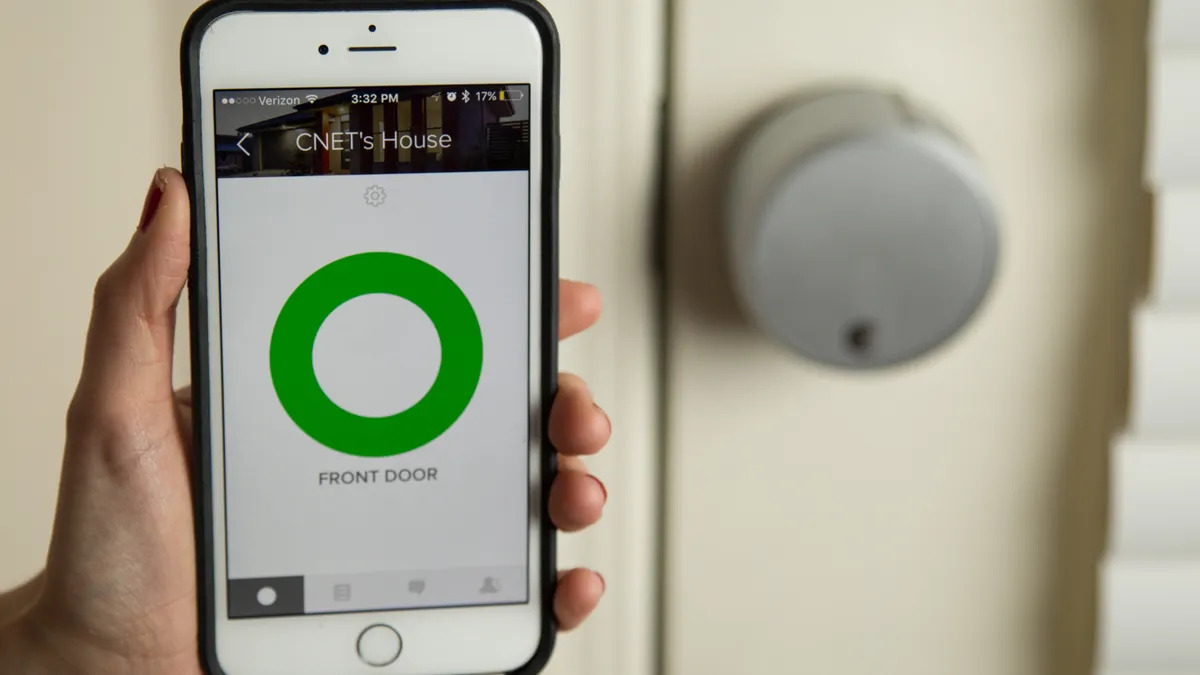

Security & Surveillance
What Is A Smart Lock
Modified: January 9, 2024
Discover the convenience and security of smart locks. Learn how they enhance your home security and surveillance. Explore the benefits today!
(Many of the links in this article redirect to a specific reviewed product. Your purchase of these products through affiliate links helps to generate commission for Storables.com, at no extra cost. Learn more)
Introduction
Welcome to the future of home security—smart locks. In a world where technological advancements continue to revolutionize various aspects of our lives, it comes as no surprise that even traditional locks have evolved into sophisticated, digitally enhanced devices. Smart locks offer a seamless blend of convenience, connectivity, and enhanced security, making them an increasingly popular choice for modern homeowners and renters alike.
As the name suggests, smart locks harness the power of technology to provide a more intelligent and efficient way of securing your home. By incorporating features such as remote access, keyless entry, and integration with smart home systems, these innovative devices are reshaping the landscape of residential security.
In this article, we will delve into the inner workings of smart locks, explore the different types available on the market, highlight their benefits, address potential concerns, and provide essential considerations for anyone contemplating the purchase of a smart lock. Whether you're a tech enthusiast eager to embrace the latest innovations or a homeowner seeking to bolster your property's security, understanding the ins and outs of smart locks is crucial in making informed decisions regarding your home's safety and convenience.
So, let's embark on a journey through the realm of smart locks, where cutting-edge technology meets the age-old need for protection and peace of mind.
Key Takeaways:
- Smart locks are advanced, digital locks that offer keyless entry, remote access, and integration with smart home systems, providing convenience and enhanced security for modern homeowners.
- Before buying a smart lock, consider compatibility, connectivity, security features, and user-friendly interfaces to ensure a seamless integration that aligns with your specific security needs and lifestyle preferences.
Read more: What Is A Smart Door Lock
How Do Smart Locks Work?
Smart locks operate on the principle of integrating advanced technology with traditional locking mechanisms to offer a more secure and convenient access control solution. These devices eliminate the need for physical keys by enabling users to lock and unlock their doors using alternative methods such as smartphones, key fobs, or PIN codes.
At the core of a smart lock is its connectivity, typically facilitated through Wi-Fi, Bluetooth, or a combination of both. This connectivity allows the smart lock to communicate with authorized devices, such as smartphones or smart home hubs, enabling remote access and management of the lock from anywhere with an internet connection.
When a user initiates a locking or unlocking command through the smart lock’s associated app or a connected smart home system, the request is transmitted to the lock via the established communication protocol. The lock then processes the command and engages its internal motor or actuator to either secure or release the locking mechanism, depending on the user’s input.
Furthermore, smart locks often incorporate additional security features, such as encryption and multi-factor authentication, to safeguard against unauthorized access and potential cyber threats. These measures help ensure that the digital infrastructure supporting the smart lock remains resilient against hacking attempts or unauthorized manipulation.
Some smart locks also offer integration with voice assistants, allowing users to control the lock using voice commands. This hands-free functionality adds an extra layer of convenience, especially for individuals with mobility challenges or those juggling multiple tasks while entering or leaving their homes.
Overall, the seamless fusion of digital connectivity, robust encryption, and user-friendly interfaces forms the backbone of how smart locks work. By leveraging these technological advancements, smart locks provide a modern, efficient, and secure alternative to traditional key-based entry systems, empowering users with greater control over their home security.
Types of Smart Locks
Smart locks come in various forms, each catering to different user preferences, security needs, and installation requirements. Understanding the different types of smart locks can help you choose the one that best aligns with your home security goals and lifestyle. Here are some common types of smart locks:
- Keyless Entry Smart Locks: These locks eliminate the need for physical keys, allowing users to unlock doors using alternative methods such as PIN codes, key fobs, or smartphone apps. Keyless entry smart locks offer convenience and flexibility, as users can grant temporary access to guests or service providers without the hassle of physical key exchanges.
- Smart Deadbolts: Smart deadbolts replace traditional deadbolt locks and integrate smart features such as remote access, activity logs, and tamper alerts. They provide an added layer of security to existing door setups and are often compatible with a wide range of door types and sizes.
- Smart Lever Locks: Lever-style smart locks are designed for use on interior doors, such as bedroom or office doors. They offer a sleek and modern alternative to traditional doorknobs while providing the benefits of keyless entry and remote management.
- Integrated Smart Lock Systems: These comprehensive smart lock systems are designed to work in tandem with smart home ecosystems, offering seamless integration with other connected devices such as security cameras, video doorbells, and home automation platforms. They provide a holistic approach to home security and automation, allowing users to create customized access control and monitoring setups.
- Biometric Smart Locks: Biometric smart locks utilize fingerprint recognition technology to grant access to authorized individuals. This advanced form of authentication offers a high level of security and convenience, as users can access their homes with a simple touch, eliminating the need for keys or codes.
These are just a few examples of the diverse range of smart locks available in today’s market. Each type offers unique features and benefits, catering to different use cases and security preferences. Whether you prioritize keyless convenience, seamless integration with a smart home ecosystem, or advanced biometric security, there’s a smart lock type suited to meet your specific needs.
Benefits of Smart Locks
Smart locks offer a myriad of benefits that enhance home security, convenience, and overall peace of mind. By embracing the latest advancements in access control technology, these innovative devices have transformed the way we secure our homes. Here are some key benefits of incorporating smart locks into your residential security setup:
- Convenient Keyless Entry: Say goodbye to fumbling for keys. Smart locks allow for keyless entry, enabling users to unlock doors using smartphones, PIN codes, or biometric credentials. This convenience is especially valuable when your hands are full or when granting temporary access to guests or service providers.
- Remote Access and Monitoring: With remote access capabilities, smart locks empower users to lock or unlock their doors from anywhere with an internet connection. Additionally, many smart locks offer real-time activity monitoring and notifications, allowing homeowners to stay informed about who is entering or leaving their property.
- Customized Access Control: Smart locks provide the flexibility to create custom access permissions for family members, friends, or trusted individuals. Temporary access codes can be issued for specific time windows, offering a secure and convenient solution for granting temporary access to guests or service professionals.
- Integration with Smart Home Systems: Smart locks seamlessly integrate with smart home ecosystems, enabling users to incorporate them into comprehensive home security and automation setups. Integration with voice assistants, security cameras, and smart lighting systems enhances overall home safety and convenience.
- Enhanced Security Features: Many smart locks boast advanced security features such as encryption, tamper alerts, and multi-factor authentication, providing a robust defense against unauthorized access and potential cyber threats. Biometric smart locks offer an additional layer of security through fingerprint recognition technology.
- User Activity Tracking: Smart locks often maintain a log of user activity, allowing homeowners to review entry and exit timestamps. This feature can be valuable for monitoring household members’ comings and goings or for identifying any unusual access attempts.
- Peace of Mind: Ultimately, smart locks offer homeowners peace of mind by providing a modern, efficient, and secure means of controlling access to their homes. Whether traveling or simply managing day-to-day activities, the added layer of security and convenience that smart locks offer can significantly reduce worries about home security.
These benefits collectively position smart locks as a valuable investment for anyone seeking to enhance their home security and streamline their daily routines. By embracing the versatility and advanced features of smart locks, homeowners can enjoy a heightened sense of control, convenience, and security within their living spaces.
When choosing a smart lock, look for one that offers secure encryption, mobile app control, and compatibility with your existing smart home devices.
Potential Concerns with Smart Locks
While smart locks offer a plethora of benefits, it’s important to be mindful of potential concerns associated with these advanced security devices. Understanding the limitations and potential vulnerabilities can help users make informed decisions and take appropriate measures to mitigate any risks. Here are some potential concerns to consider when evaluating smart lock options:
- Reliance on Technology: Smart locks are reliant on technology, which means they may be susceptible to issues such as power outages, connectivity disruptions, or software malfunctions. In the event of a technical failure, users could face challenges accessing their homes, highlighting the importance of having backup access methods in place.
- Cybersecurity Risks: The digital nature of smart locks introduces cybersecurity considerations. Without proper security measures in place, smart locks could be vulnerable to hacking attempts or unauthorized access. It’s crucial to select smart locks from reputable manufacturers and regularly update their firmware to address potential security vulnerabilities.
- Compatibility and Integration: Integration with existing door hardware and smart home systems can pose challenges, especially if users have non-standard door setups or incompatible smart home devices. Ensuring compatibility and seamless integration with other connected devices is essential for a cohesive and effective smart home security ecosystem.
- Physical Security Concerns: While smart locks focus on digital access control, it’s important not to overlook physical security aspects. Ensuring that the underlying door and frame are robust and resistant to forced entry is crucial, as even the most advanced smart lock can be compromised if the physical entry points are not adequately secured.
- Power Source and Battery Life: Smart locks typically rely on batteries or electrical power sources. Users must monitor battery levels and ensure consistent power supply to prevent lockout situations. Some smart locks offer low-battery alerts and backup power options to address these concerns.
- User Error and Mismanagement: User error, such as forgetting to lock doors or improperly configuring access permissions, can inadvertently compromise home security. Proper user education and regular review of access settings are essential to mitigate the risk of user-related security lapses.
By acknowledging these potential concerns and taking proactive steps to address them, homeowners can navigate the adoption of smart locks with a well-rounded understanding of the associated considerations. With careful planning, regular maintenance, and adherence to best practices, smart locks can offer a secure and convenient access control solution that aligns with modern lifestyle needs.
Read more: What Is A Smart Lock For Airbnb
Considerations Before Buying a Smart Lock
Before diving into the world of smart locks, it’s essential to consider various factors to ensure that the chosen device aligns with your security needs, lifestyle, and home infrastructure. By carefully evaluating the following considerations, you can make an informed decision when selecting a smart lock for your residential property:
- Compatibility with Existing Door Hardware: Assess whether the smart lock is compatible with your current door setup, including the type of door, its thickness, and the pre-existing deadbolt or latch mechanism. Compatibility issues could hinder the seamless installation and operation of the smart lock.
- Connectivity Options: Evaluate the connectivity options offered by the smart lock, such as Wi-Fi, Bluetooth, or a combination of both. Consider the reliability and range of these connectivity features, as well as their compatibility with your home’s Wi-Fi network and smart home ecosystem.
- Power Source and Battery Life: Understand the power requirements of the smart lock and assess the battery life or power backup options. Reliable power sources and long-lasting batteries are crucial for uninterrupted operation and to prevent lockout situations due to power failures.
- Security Features and Encryption: Prioritize smart locks with robust security features, including encryption, multi-factor authentication, and tamper alerts. Research the manufacturer’s track record in addressing cybersecurity concerns and issuing timely firmware updates to enhance security.
- User-Friendly Interface: Consider the user interface of the smart lock’s associated app or control panel. A user-friendly interface with intuitive navigation and clear access management features can enhance the overall user experience and simplify the management of access permissions.
- Integration with Smart Home Systems: If you have an existing smart home setup, ensure that the smart lock seamlessly integrates with your preferred smart home platform and other connected devices, such as security cameras, video doorbells, and voice assistants.
- Manufacturer Reputation and Support: Research the reputation of the smart lock manufacturer, including their customer support, warranty coverage, and commitment to product updates and enhancements. Opting for a reputable and responsive manufacturer can provide peace of mind and reliable long-term support.
- Installation and Setup Complexity: Assess the installation and setup requirements of the smart lock. Consider whether professional installation is necessary or if the device offers a straightforward DIY installation process with clear instructions and support resources.
- Customization and Access Control: Evaluate the smart lock’s ability to customize access permissions, issue temporary codes, and track user activity. Tailoring access control to your specific needs and managing multiple user profiles can enhance the lock’s versatility and security capabilities.
By carefully evaluating these considerations and conducting thorough research, you can make an informed decision when selecting a smart lock that seamlessly integrates with your home, enhances security, and aligns with your lifestyle preferences. A well-considered choice can pave the way for a seamless and secure smart lock experience within your residential space.
Conclusion
As we conclude our exploration of smart locks, it’s evident that these innovative devices represent a significant leap forward in home security and access control. By harnessing the power of advanced technology, smart locks offer a compelling blend of convenience, connectivity, and enhanced security features that cater to the evolving needs of modern homeowners and renters.
From keyless entry and remote access to seamless integration with smart home ecosystems, smart locks have redefined the traditional concept of door security, offering a wealth of benefits that encompass convenience, customization, and peace of mind. The ability to monitor and manage access to your home from anywhere with an internet connection, coupled with advanced security features such as encryption and multi-factor authentication, positions smart locks as a valuable asset in fortifying residential security.
However, it’s essential to approach the adoption of smart locks with a balanced understanding of their potential concerns and the necessary considerations for a seamless integration into your home environment. By addressing compatibility, connectivity, security features, and user-friendly interfaces, homeowners can navigate the selection and installation of smart locks with confidence, ensuring that these devices align with their specific security needs and lifestyle preferences.
Ultimately, smart locks represent a pivotal evolution in the realm of home security, offering a modern, efficient, and secure means of controlling access to residential spaces. As technology continues to advance, smart locks stand as a testament to the transformative potential of integrating cutting-edge innovation with the timeless need for safety and protection within our homes.
Whether you’re drawn to the convenience of keyless entry, the peace of mind offered by real-time access monitoring, or the seamless integration with your smart home ecosystem, smart locks present a compelling solution for enhancing residential security and access control. By embracing the benefits and navigating the considerations associated with smart locks, homeowners can embark on a journey toward a more connected, secure, and convenient living environment.
Frequently Asked Questions about What Is A Smart Lock
Was this page helpful?
At Storables.com, we guarantee accurate and reliable information. Our content, validated by Expert Board Contributors, is crafted following stringent Editorial Policies. We're committed to providing you with well-researched, expert-backed insights for all your informational needs.
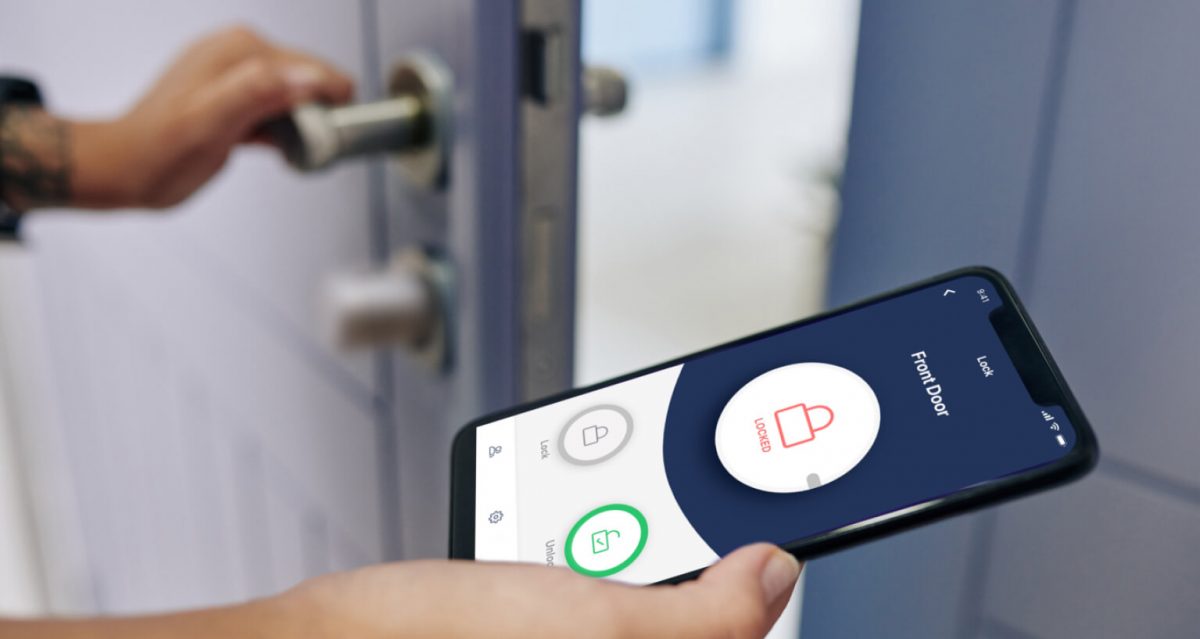
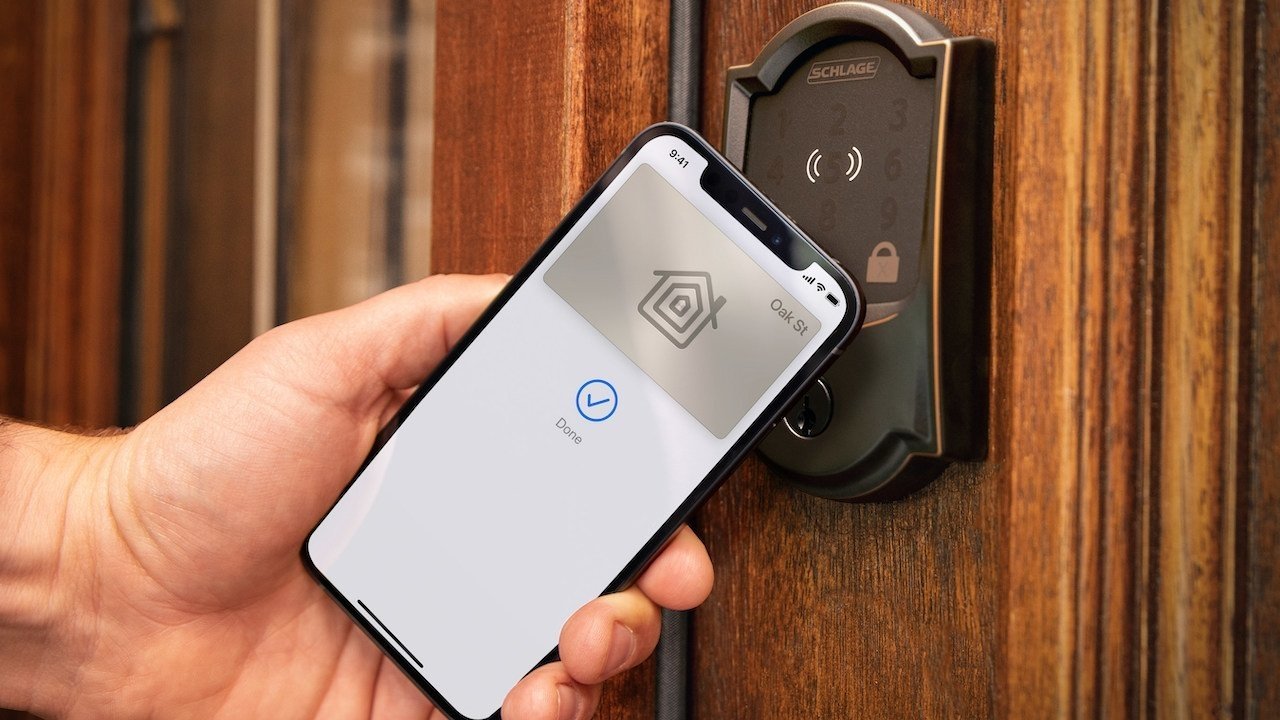
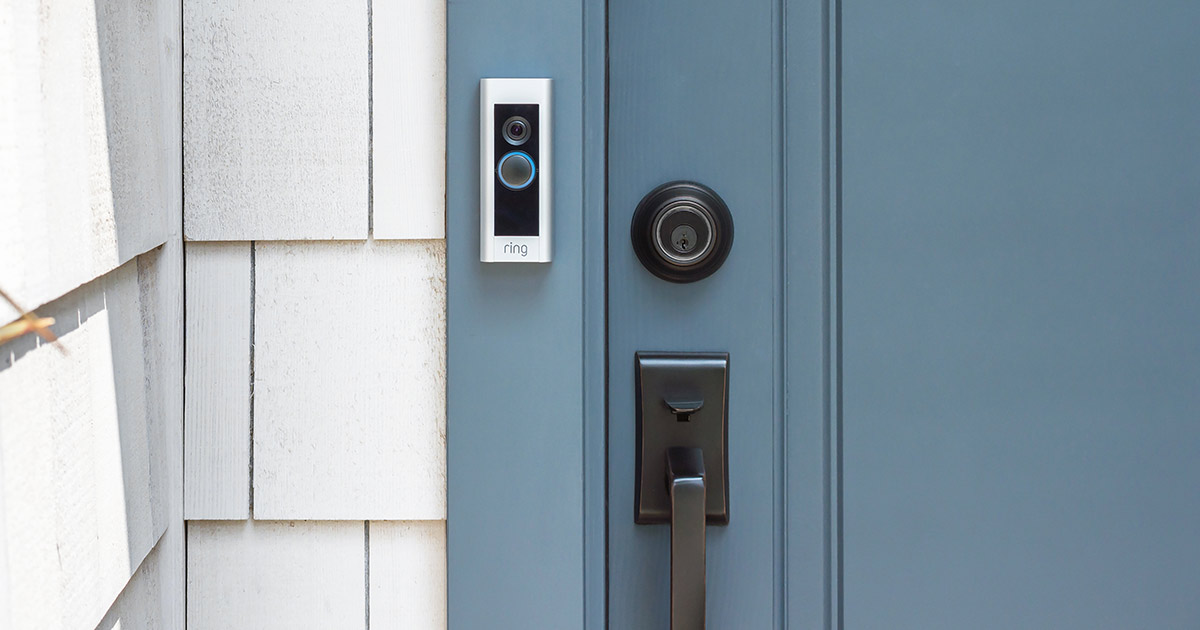
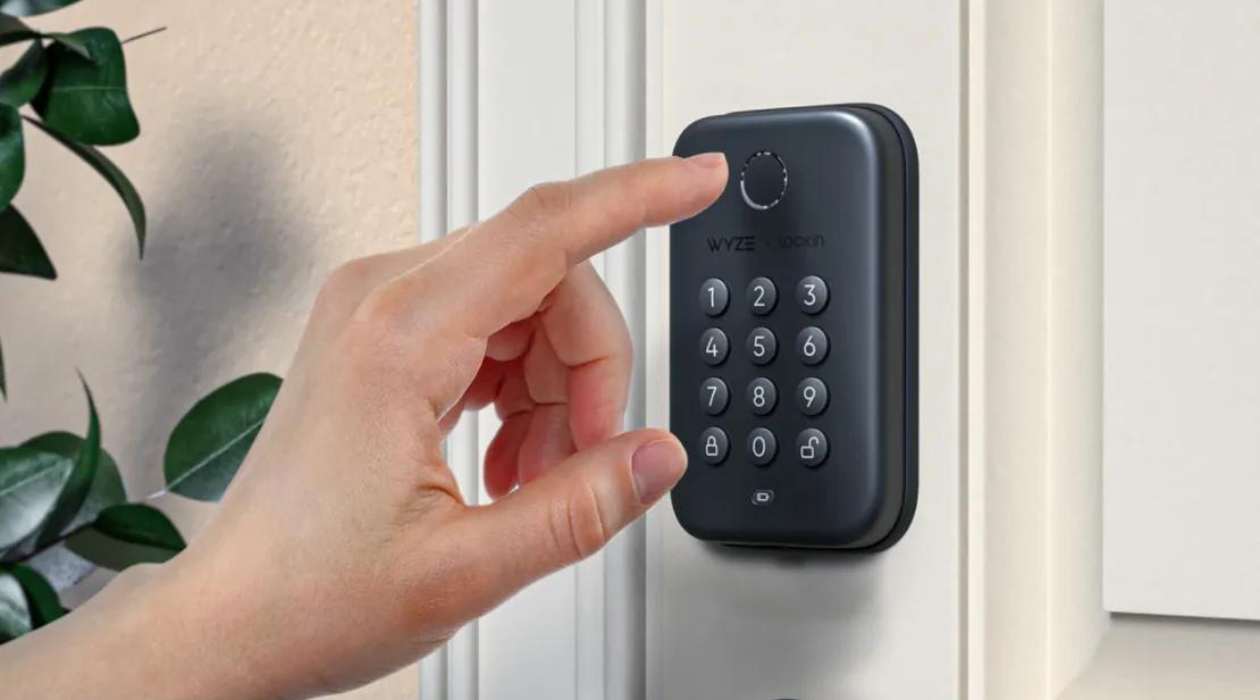
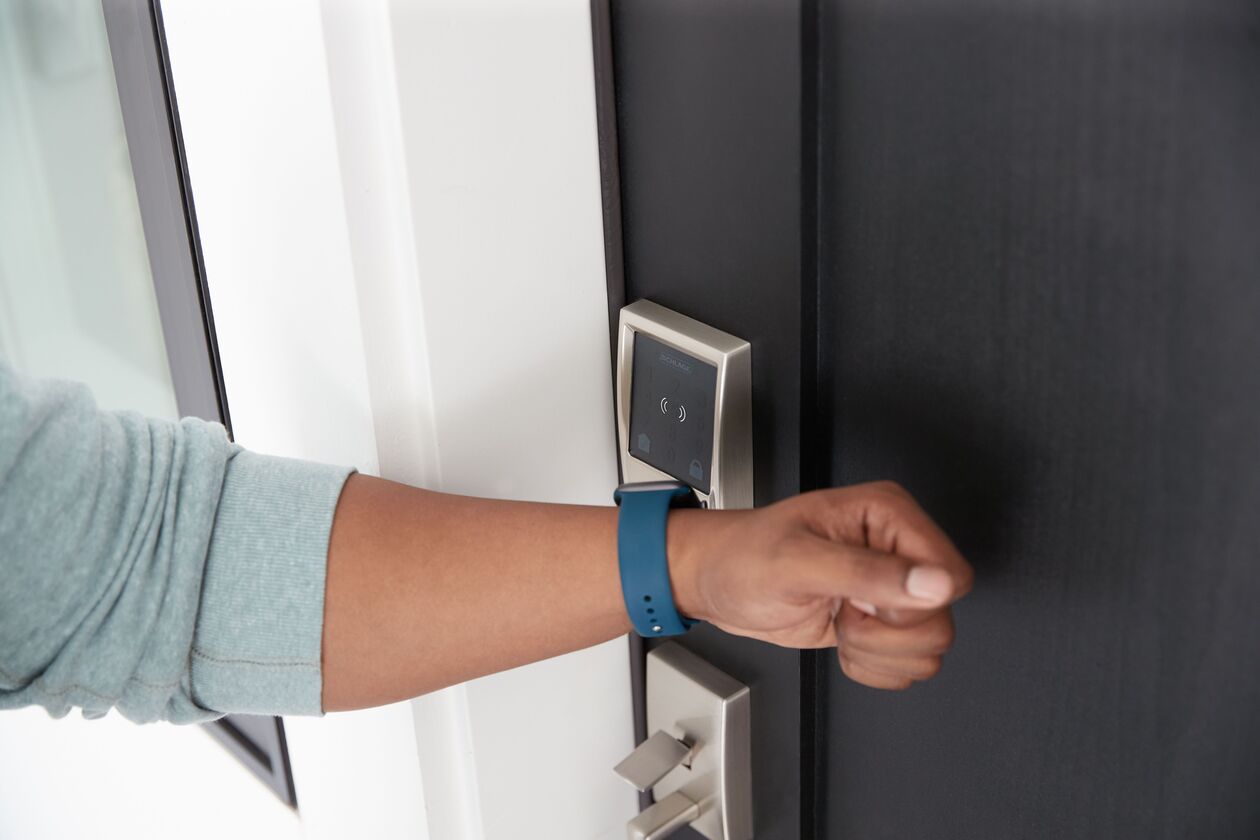
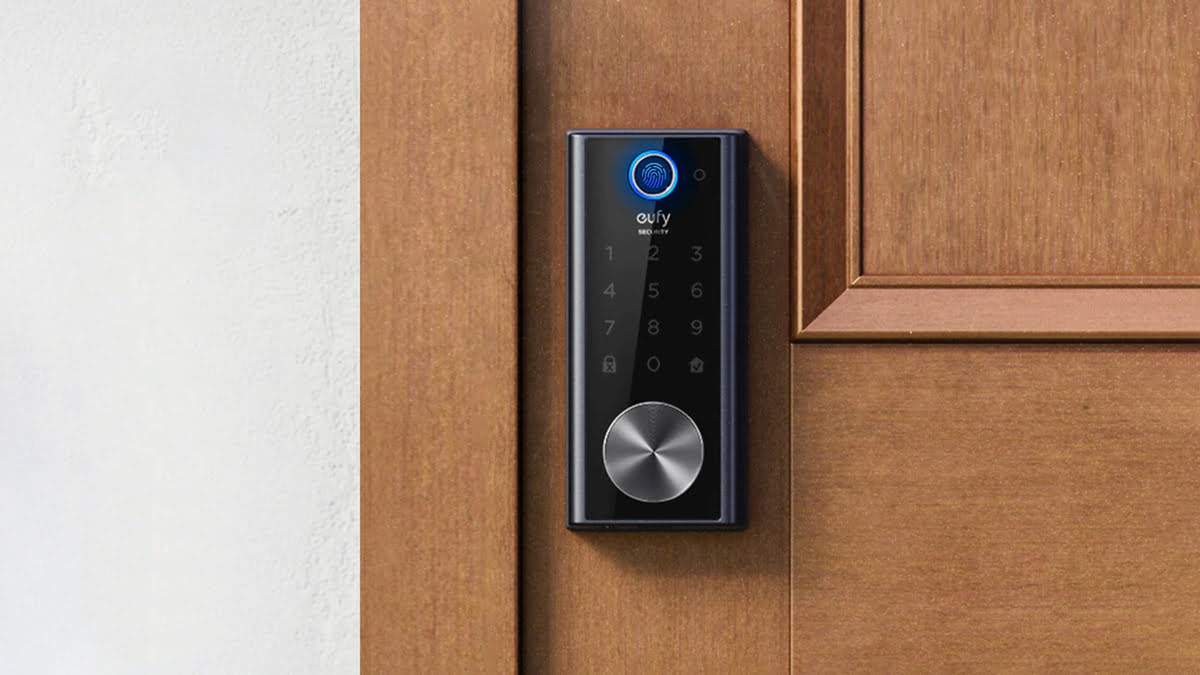
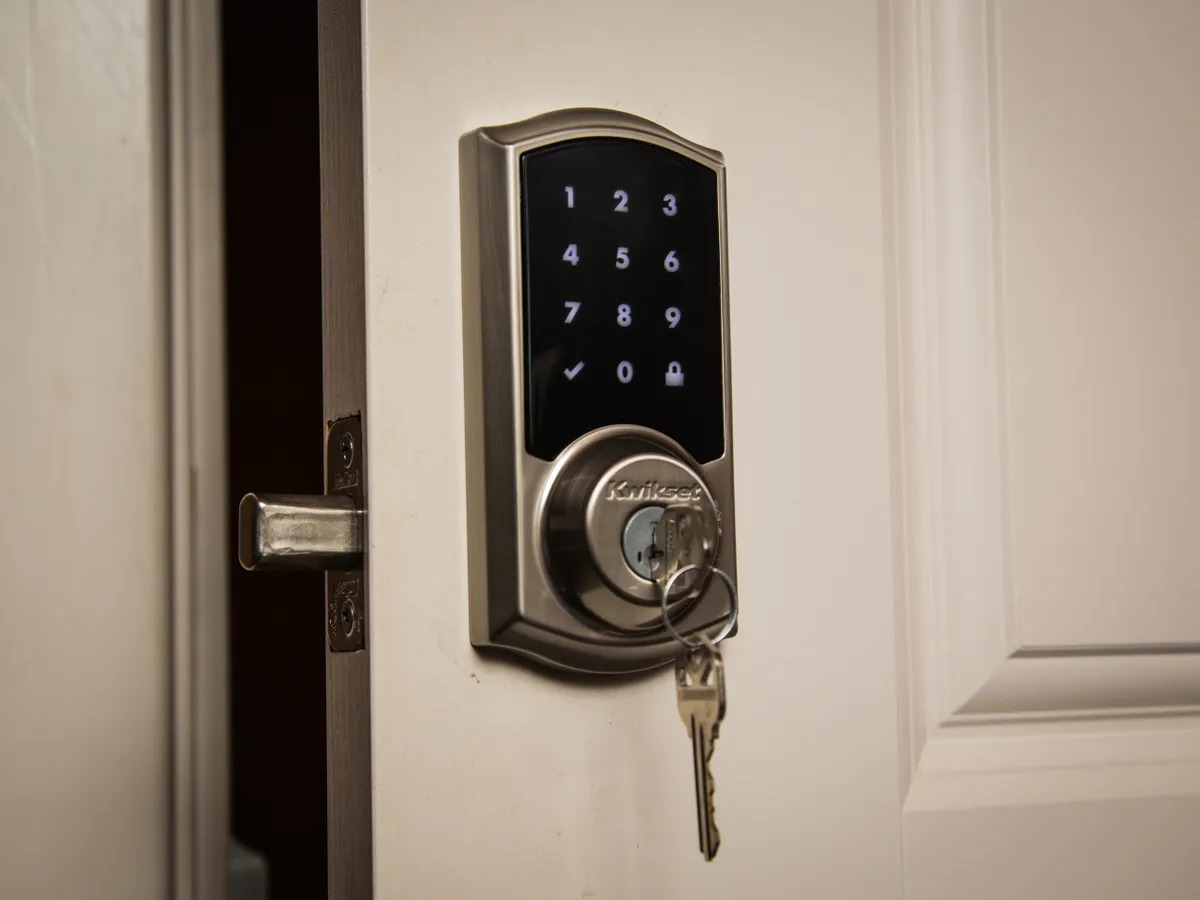
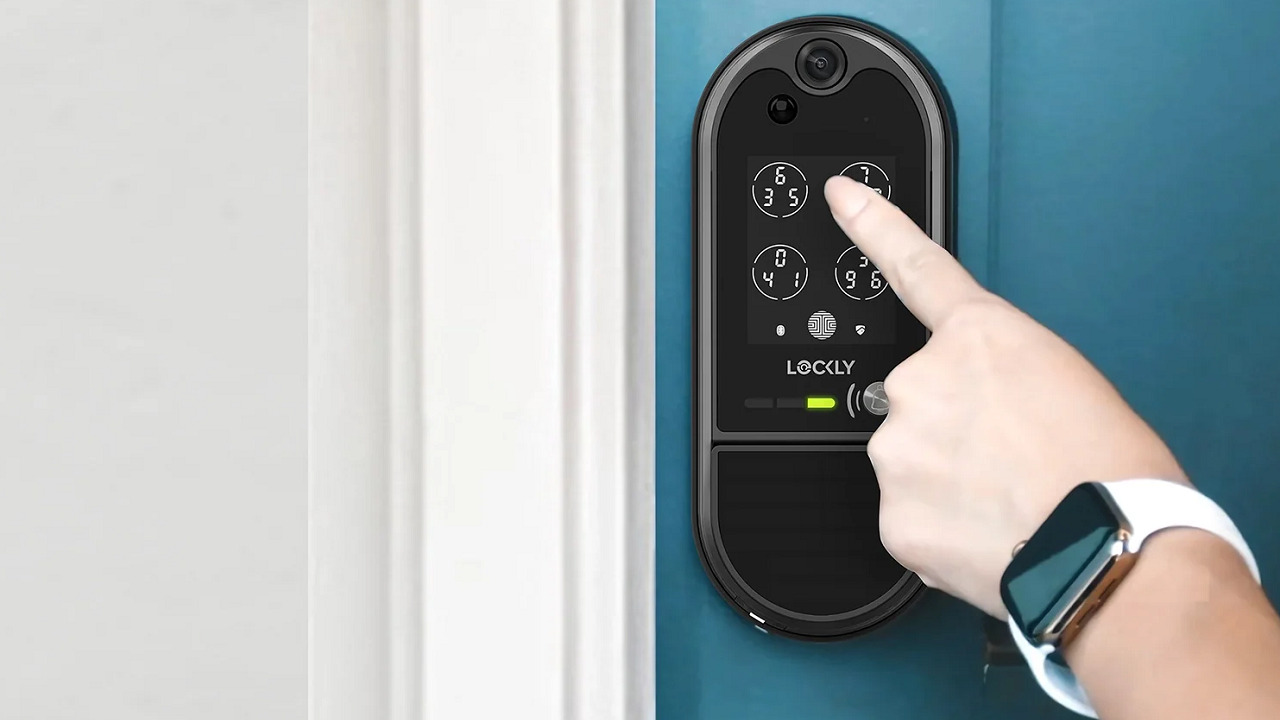
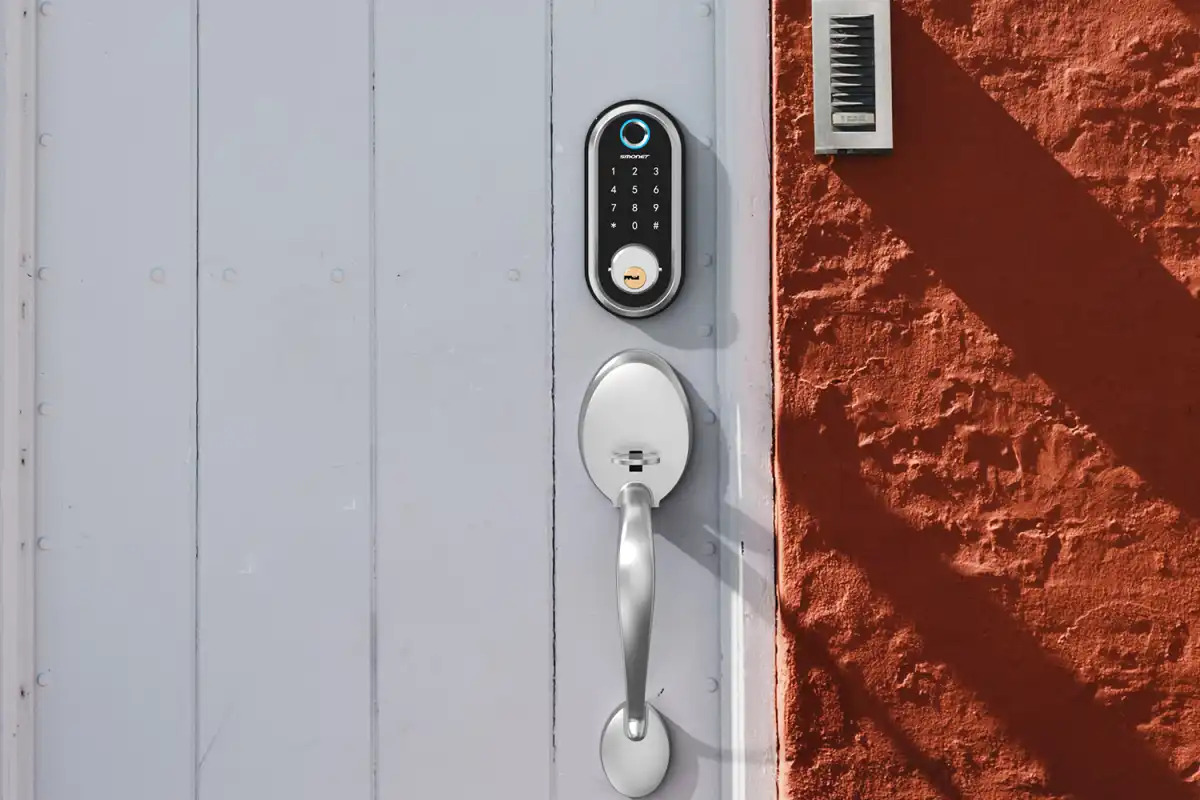
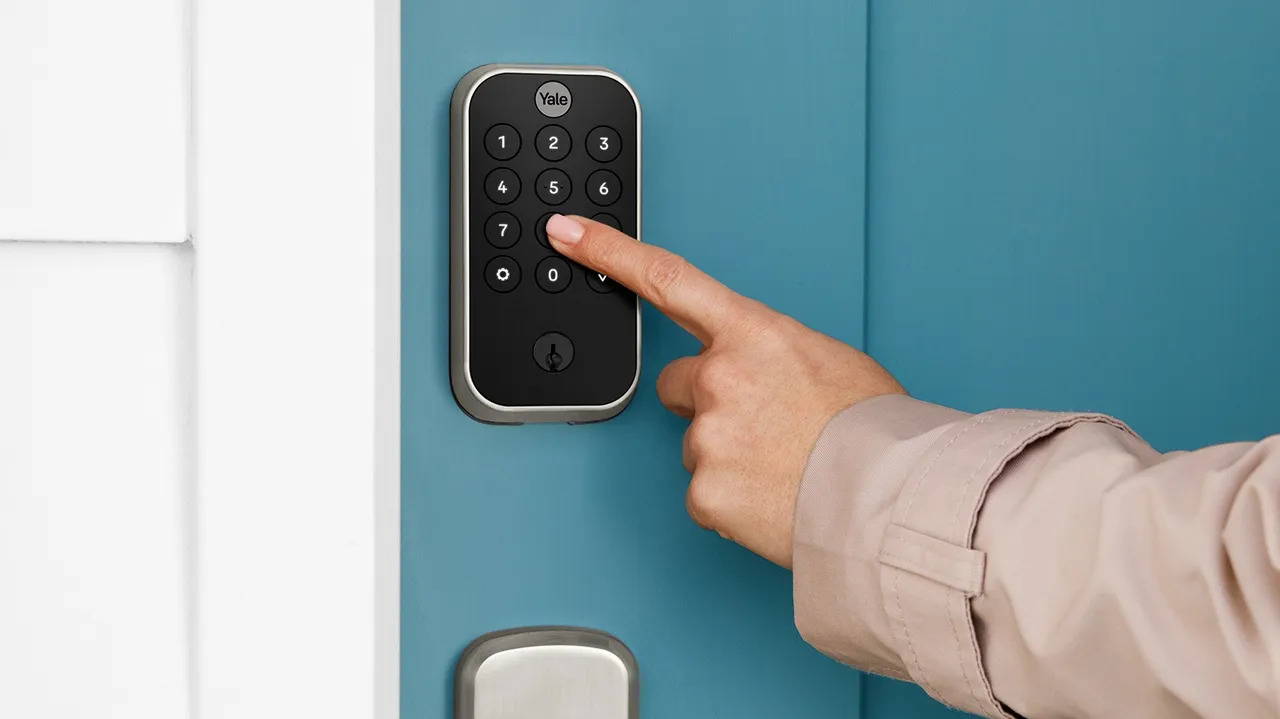
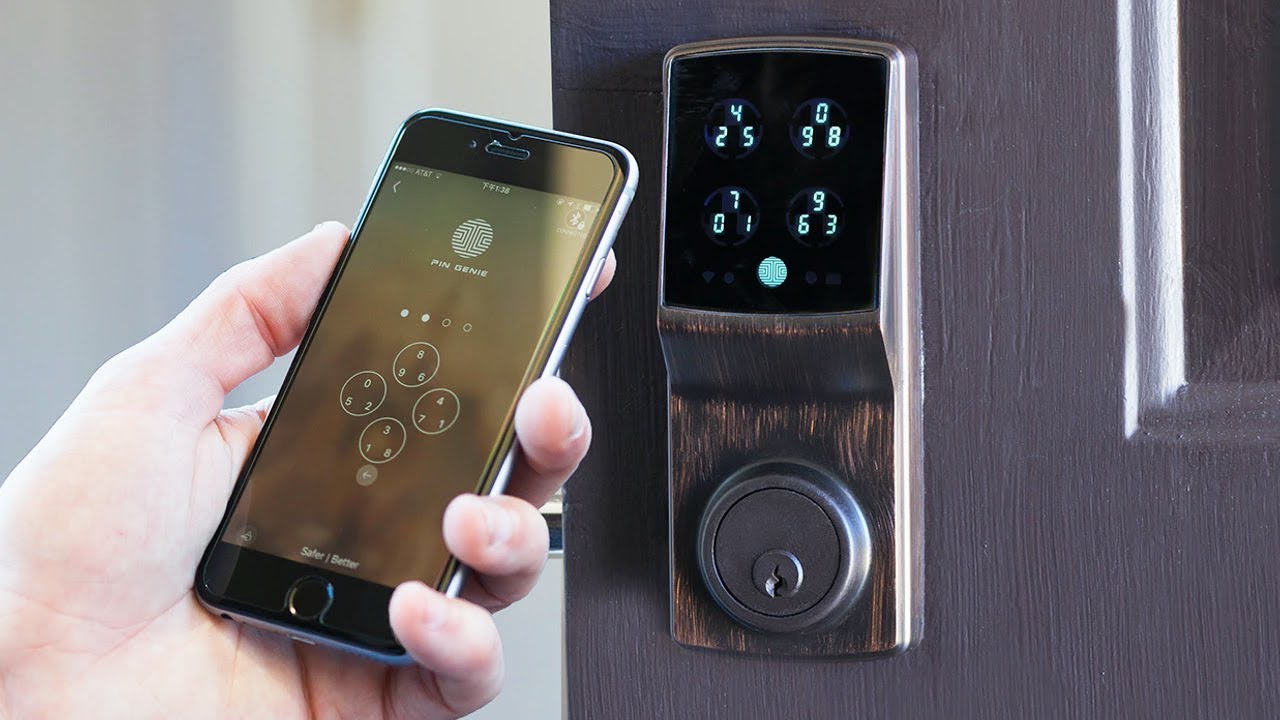
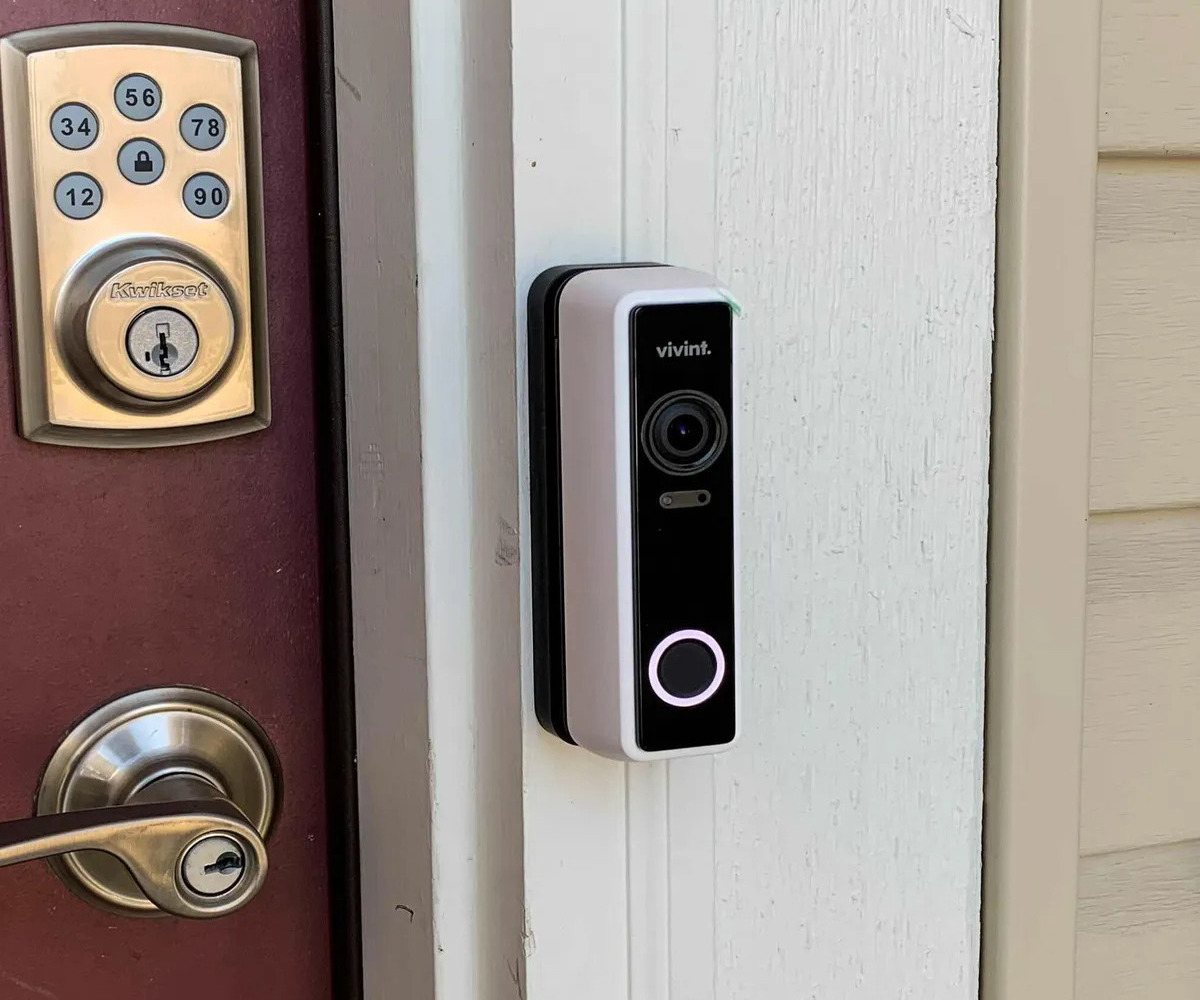
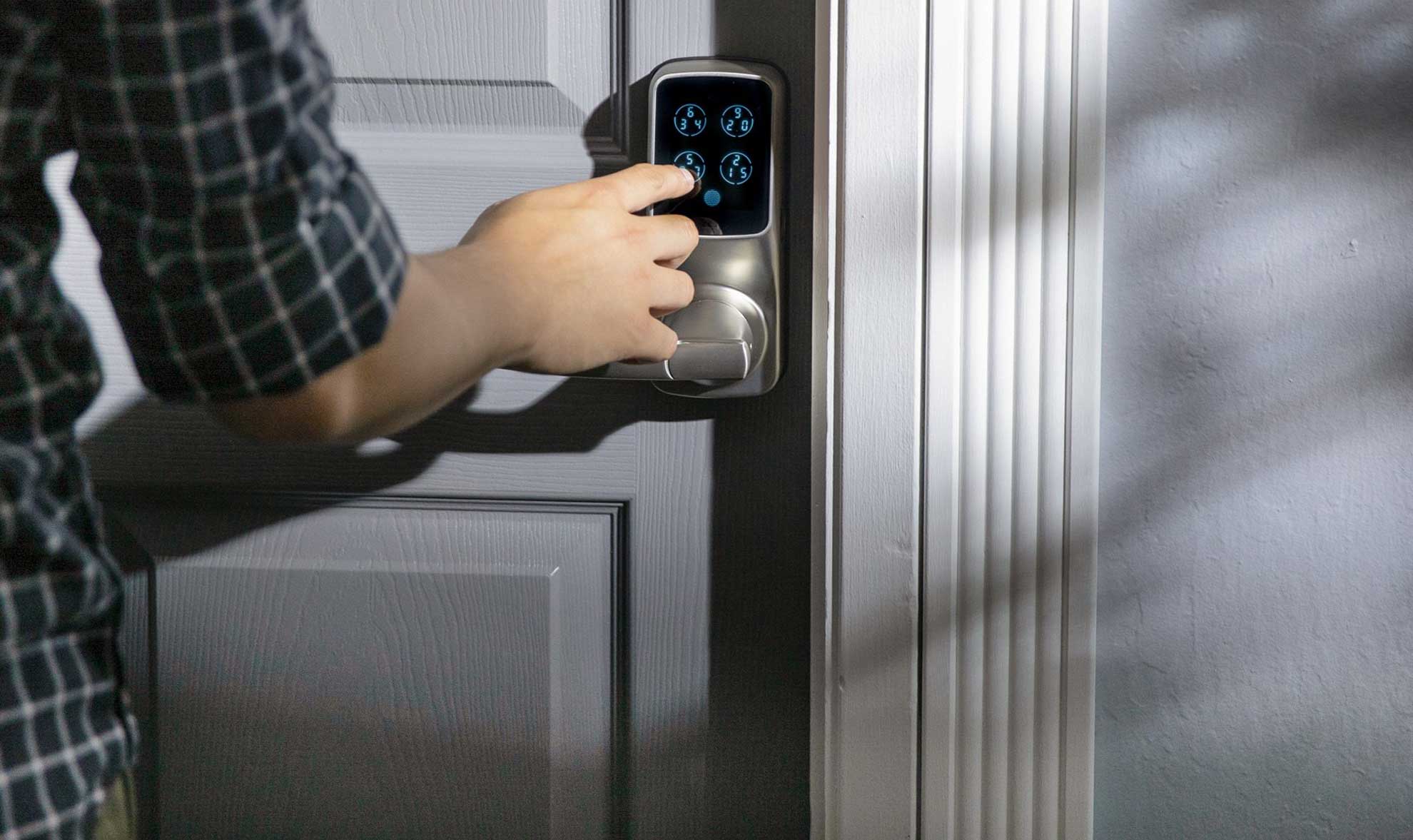
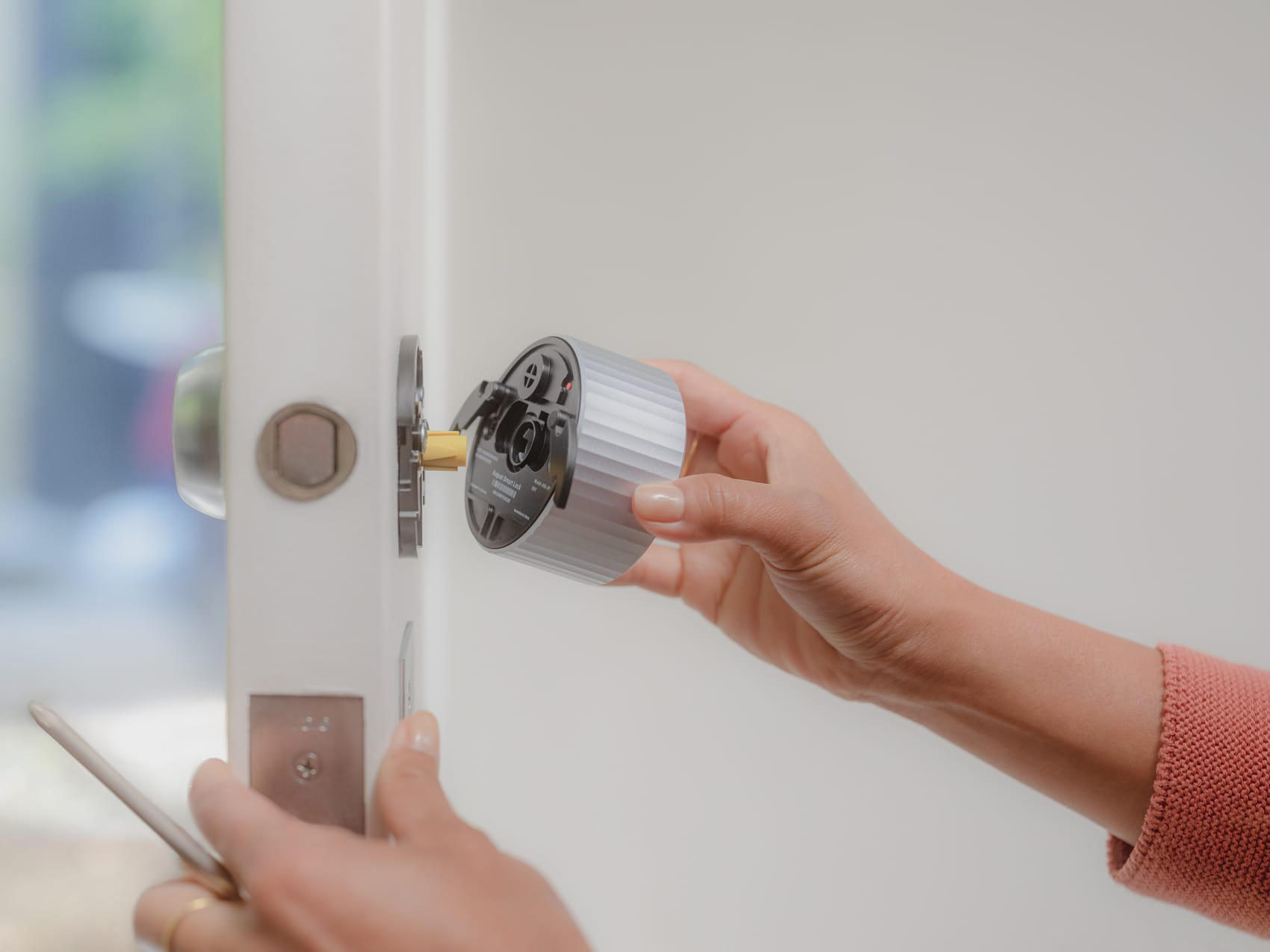

0 thoughts on “What Is A Smart Lock”